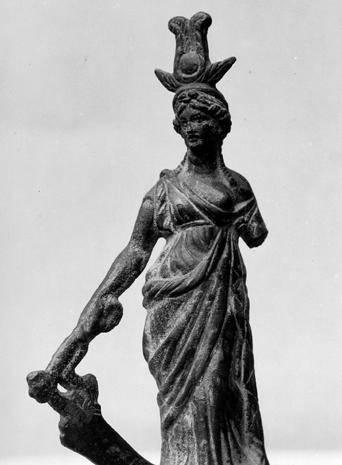The Pantomath
What would the audit industry look like if audit services were structurally separated from non-audit services? Jeff Beshany
Non-audit, or consultancy, services performed by auditors have grown immensely since government deregulation began in the USA in the late 1970s and in the UK in 1984. Growth for non-audit services was spurred on by the need of businesses in various industries to remain competitive. These businesses turned to the auditors who, through their exposure to various industries, gained a unique understanding of each industry’s dynamics. The experience gained by the auditors provided them with a competitive advantage compared to non-auditing consultancy firms, which the auditors dutifully exploited. Today, most auditing firms earn more revenue from providing non-audit services than they do from providing audit services. While this has been a boon for the auditing industry it has come with heavy criticism. The industry has faced accusations of compromising their ethical responsibilities from performing an audit in a drive to expand their non-audit business, which is a greater source of revenue (Brooks, 2019). It is for this reason that non-audit services have been cited as a major factor when audit fails. The collapses of Carillion and Patisserie Valerie in 2018 were blamed, in part, on accounting irregularities that were not discovered during those firms’ annual audits. These most recent failures follow in the footsteps of the 2001 collapse of Enron in the United States, whose executives worked hand-in-hand with their auditor Arthur Anderson to defraud customers and drain employees’ pensions, and the financial crisis of 2008, where
page 18
auditors failed to identify weaknesses in the financials of the banking sector (Sikka, 2009). In the UK alone, the collapse of the subprime mortgage market threatened the existence of British banks, which necessitated an injection of more than £100 billion of taxpayer investment from the government. More recently, the Financial Reporting Council (FRC), the audit industry’s regulatory body, had found UK auditors guilty of not performing
quality audits up to 25% of the time (FRC, 2019). The preponderance of these events led to questions by politicians and the media regarding the nature of the audit industry which culminated with the UK government authorizing a comprehensive review of the entire industry in 2018. Four separate reports, two of which were independent reviews, concluded in December 2019. Taken in total these reviews determined that audit quality, independence, trust, professional scepticism, transparency, and competition, along with many other aspects of audit, are issues that must be addressed and improved. In addition to determining that the industry’s regulatory body, the FRC, is too weak and should be replaced, the UK government recommended an operational split of audit and non-audit services, with the caveat that a full structural split may be necessary in the future if the recommended measures proved ineffective (CMA, 2019). This conclusion by the UK government is ground-breaking because the result advocates for the “break up” of an entire industry which has never occurred in history. The nearest comparisons that could be investigated are monopolies such as Standard Oil and AT&T in the USA, but those examples are










